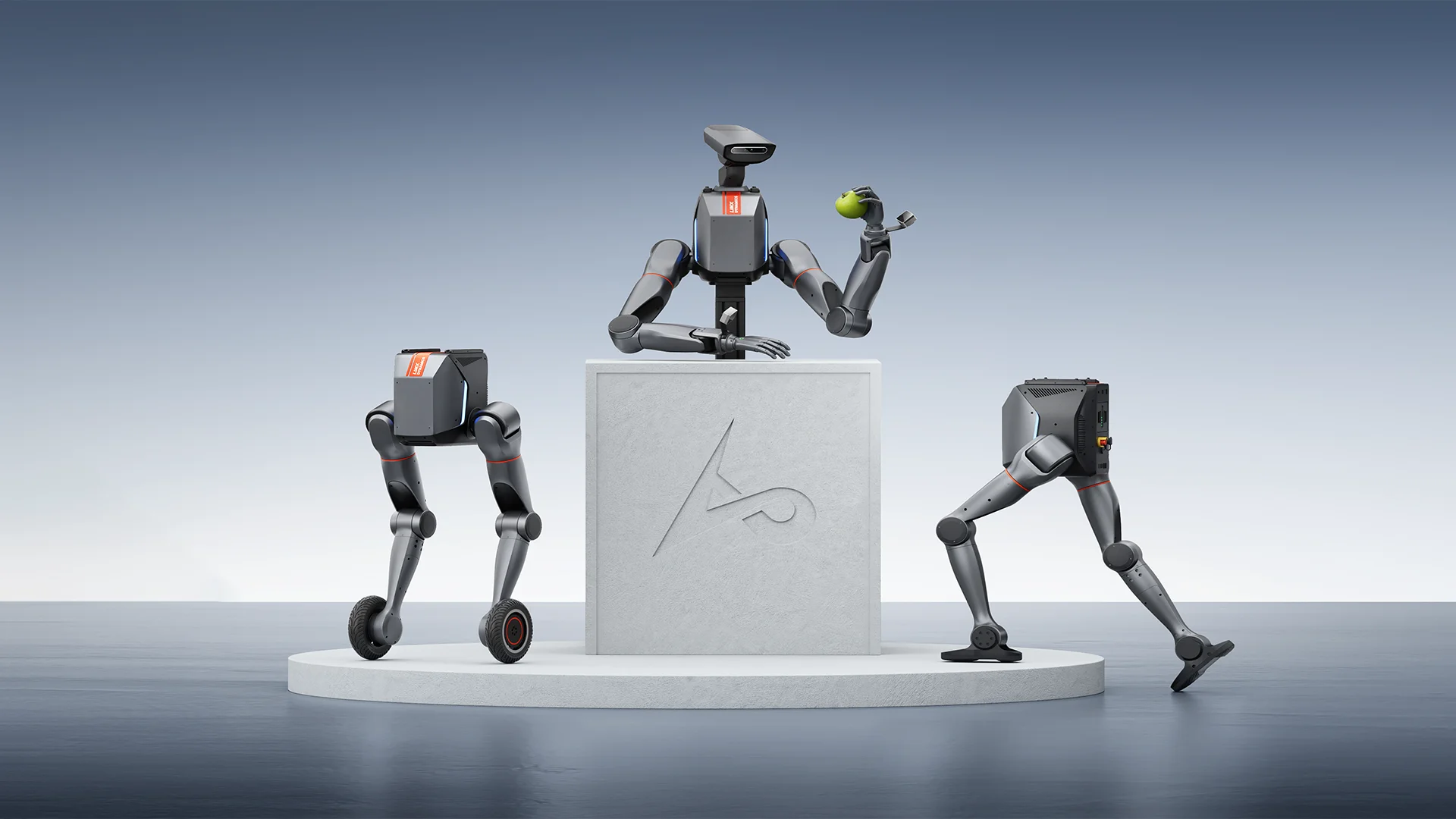A technological breakthrough is set to shake up the political scene in Rome: in the upcoming 2027 municipal elections, a civic list entirely led by artificial intelligence will challenge incumbent mayor Roberto Gualtieri. An ambitious, innovative and for many, provocative project.
“Rome 2027”: A civic list with a digital brain
The idea is as simple as it is revolutionary: a local political group without a human leader, but guided by an artificial intelligence system that manages its political strategy and program. The initiative is led by Francesca Giubelli, who officially announced the creation of “Rome 2027”, an innovative civic list that has already sparked public debate.
According to Il Messaggero, the AI behind the project has been trained to analyze demographic, economic, and social data from the capital, in order to generate targeted political proposals that address the real needs of Roman citizens.
A challenge to traditional politics
In an interview with La Repubblica, Francesca Giubelli explained the motivation behind the project:
“AI has no personal interests, it cannot be influenced, and it can work 24/7 for the public good.”
The intention is clear: to offer a credible alternative to a political system often seen as inefficient, self serving, and disconnected from reality. “Rome 2027” positions itself not just as an electoral contender, but as a civic-tech laboratory to rethink the meaning of representation and public governance.
How the AI candidate works
Contrary to what one might imagine, this is not an avatar or a symbolic figure. The artificial intelligence at the core of the list is an algorithmic system that operates on four main levels:
- Continuous data analysis (transport, pollution, public services, local economy)
- Policy proposal generation, based on citizen input
- Performance evaluation of implemented policies
- Ongoing program updates, adapting to the city’s evolving needs
The AI is designed to be transparent, impartial, and adaptive qualities that, according to the project leaders, make it more reliable than many human political leaders.
Program priorities: mobility, digitalization, transparency
“Rome 2027” has a clearly defined agenda, focusing on:
- Sustainable mobility, through a reorganization of urban transport
- Digitalization of public services, to reduce bureaucracy and increase efficiency
- Administrative transparency, thanks to constant policy monitoring and data driven governance
The AI is also trained to identify inefficiencies and suggest real-time adjustments, ensuring a more responsive and results-oriented political model.
Excitement and skepticism: A divided public
Despite the buzz surrounding the initiative, criticism and skepticism are already emerging. Observers question whether artificial intelligence can truly understand the emotional, cultural, and social nuances of political life. Others raise concerns about bureaucratic complexity and the risk of delegating too much decision-making power to a non human system.
Additional concerns involve who controls the algorithm, how neutrality is guaranteed, and what role humans will still play in political administration.
A bold roman experiment
“Rome 2027” is the first project of its kind in Italy, and one of the first in Europe. In a city as complex and politically fraught as Rome, the idea of trusting an AI with civic leadership may sound utopian or visionary. But that’s exactly why it has caught public attention: because it challenges everything we assume about power, governance, and the role of technology in democracy.
If the project manages to gain official recognition and public support, it could become a historic precedent, inspiring similar initiatives in other cities and countries.






